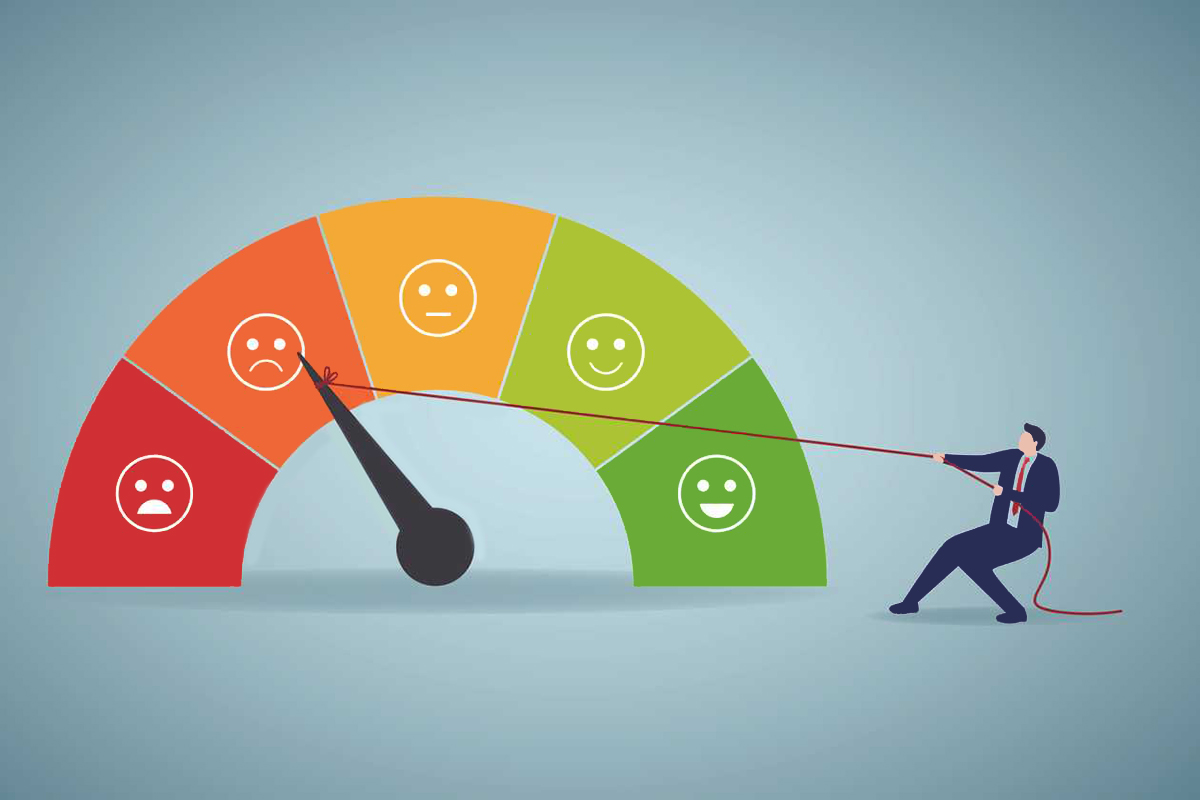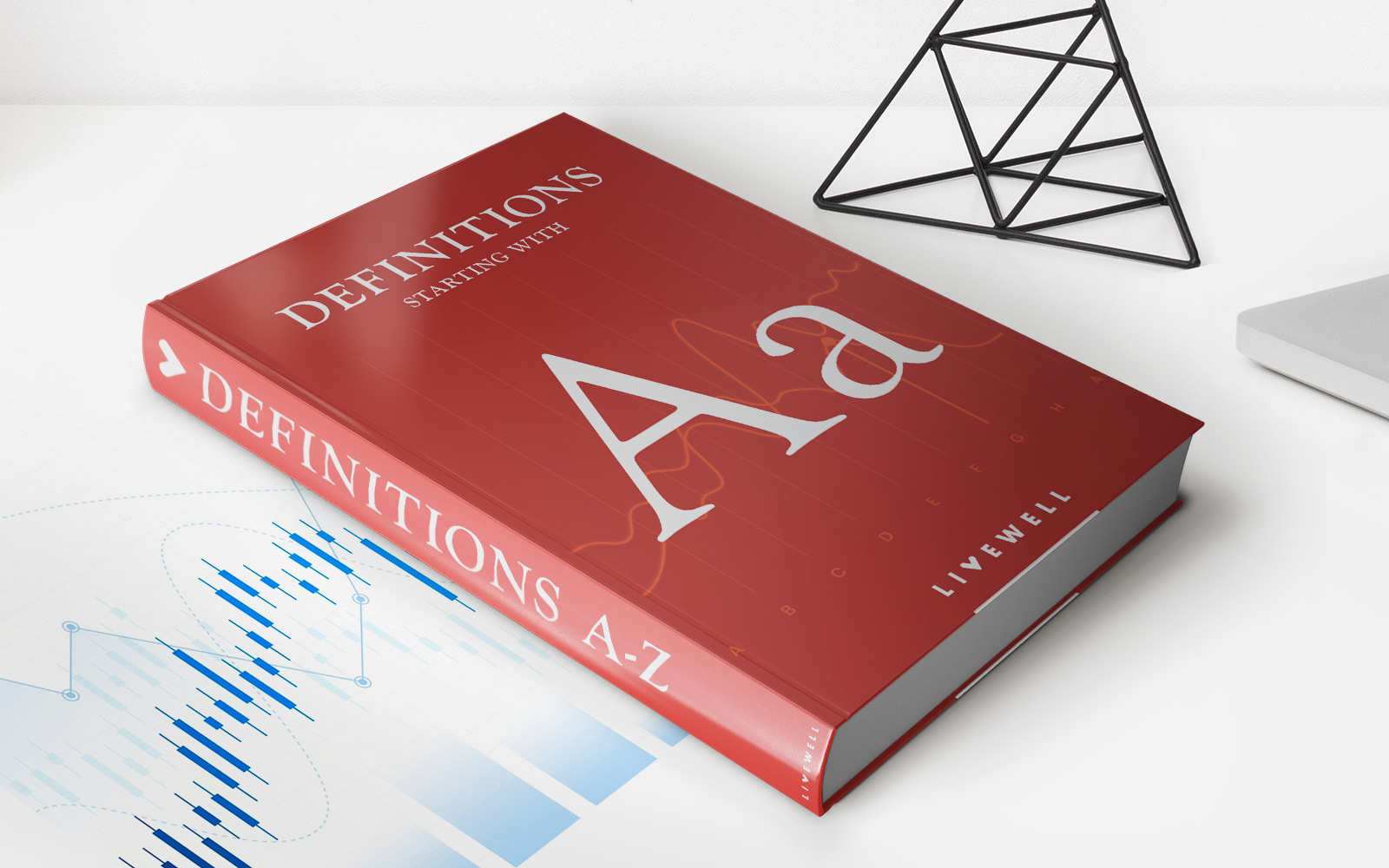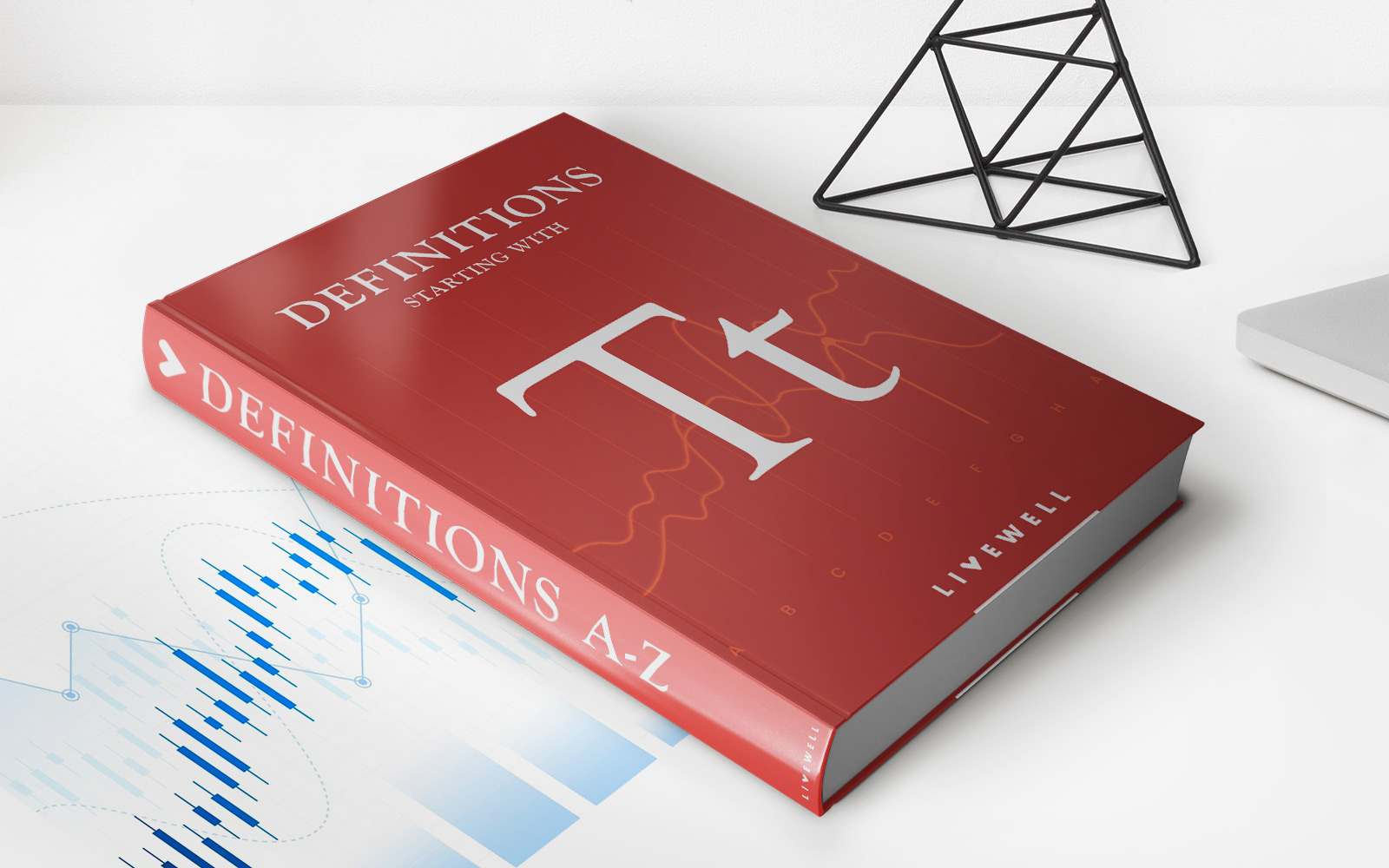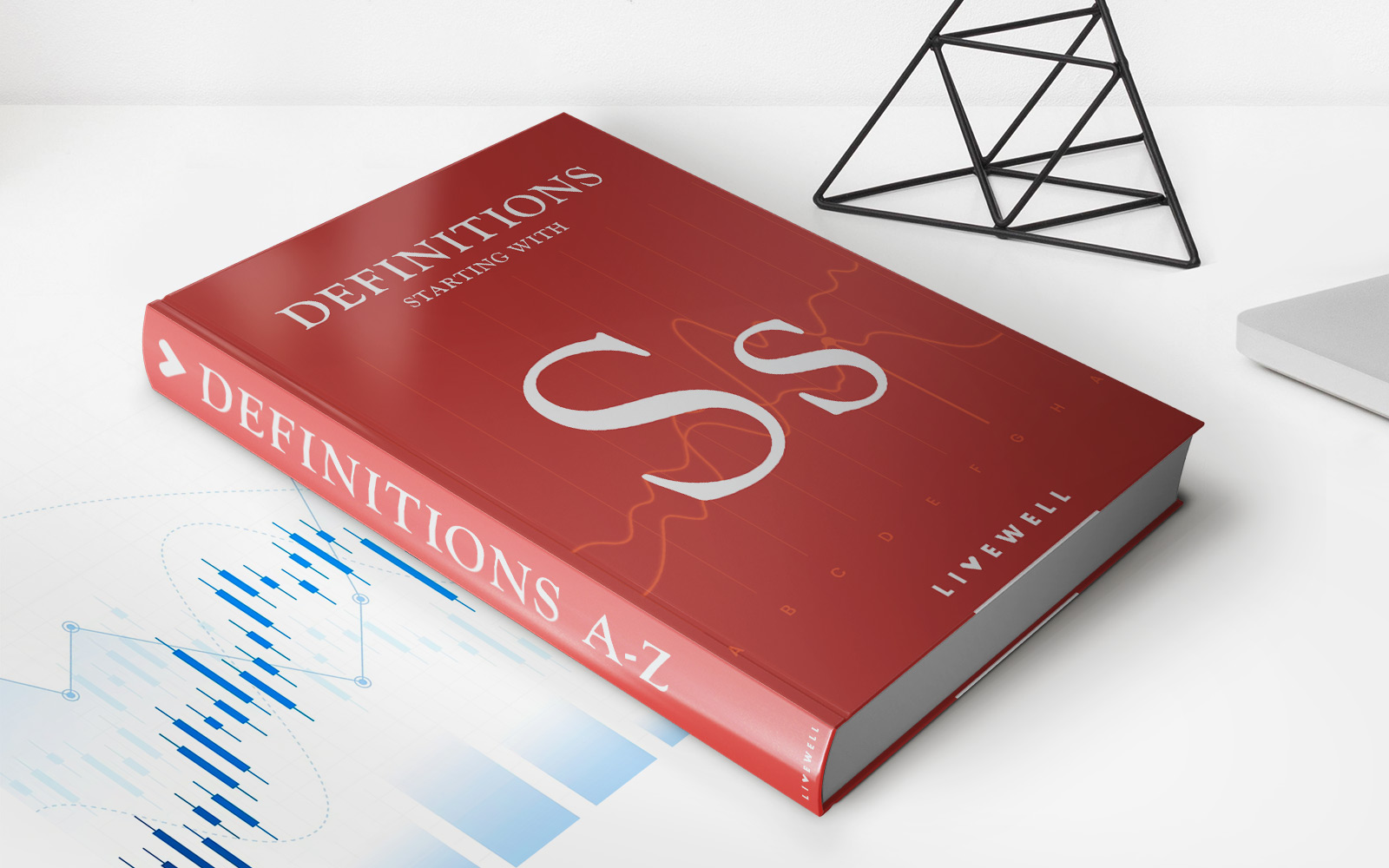Home>Finance>How Quickly Does High Credit Utilization Come Off Your Credit Score


Finance
How Quickly Does High Credit Utilization Come Off Your Credit Score
Published: March 6, 2024
Learn how high credit utilization affects your credit score and discover the timeline for its impact on your finances. Gain insights on how quickly it can come off your credit score.
(Many of the links in this article redirect to a specific reviewed product. Your purchase of these products through affiliate links helps to generate commission for LiveWell, at no extra cost. Learn more)
Table of Contents
Introduction
Welcome to the world of credit scores, where every financial decision you make can have a lasting impact on your borrowing potential. Understanding the factors that influence your credit score is crucial for maintaining a healthy financial profile. One such influential factor is credit utilization, which plays a significant role in determining your creditworthiness.
When it comes to managing your credit, the utilization rate is a key metric that reflects the percentage of your available credit that you are currently using. In simpler terms, it measures how much of your credit limit is being utilized. This factor holds substantial weight in the calculation of your credit score, making it essential to comprehend its implications and the speed at which it affects your overall credit standing.
In this article, we will delve into the concept of credit utilization, explore its impact on your credit score, and investigate the speed at which high credit utilization can influence your financial standing. By understanding the dynamics of credit utilization and its correlation with credit scores, you will gain valuable insights into managing your credit responsibly and optimizing your financial health.
What Is Credit Utilization?
Credit utilization, often referred to as the credit utilization ratio, is a fundamental component of your credit score calculation. It represents the proportion of your available credit that you are currently using. This ratio is calculated by dividing your total credit card balances by your total credit card limits and is typically expressed as a percentage.
For example, if you have a total credit limit of $10,000 across all your credit cards and your current outstanding balances amount to $4,000, your credit utilization ratio would be 40%. This means that you are utilizing 40% of your available credit.
Lenders and credit scoring models consider credit utilization to be a strong indicator of your financial responsibility and borrowing habits. A lower credit utilization ratio is generally perceived positively, signaling that you are not overly reliant on credit and are managing your finances prudently. On the other hand, a higher credit utilization ratio may raise concerns about your ability to manage debt responsibly, potentially impacting your credit score and borrowing opportunities.
It’s important to note that credit utilization applies not only to credit cards but also to other forms of revolving credit, such as lines of credit. Monitoring and managing your credit utilization ratio is crucial for maintaining a healthy credit profile and demonstrating to lenders that you are a reliable and low-risk borrower.
How Does Credit Utilization Affect Your Credit Score?
Credit utilization exerts a significant influence on your credit score, playing a pivotal role in shaping your overall creditworthiness. This factor is a key indicator of your borrowing behavior and financial management skills, impacting your credit score in several ways.
First and foremost, credit utilization directly affects the “amounts owed” component of your credit score, which contributes to approximately 30% of the FICO scoring model. This segment considers the total amount of debt you owe, including your credit card balances and other outstanding loans. A high credit utilization ratio can elevate this debt burden, potentially signaling to lenders that you may be overextended financially, which can lower your credit score.
Furthermore, credit utilization serves as a reflection of your ability to manage credit responsibly. Lenders interpret a low utilization ratio as a positive indicator, suggesting that you are not overly reliant on credit and are effectively managing your available credit. On the contrary, a high utilization ratio may raise concerns about your financial stability and prompt lenders to perceive you as a higher lending risk, potentially resulting in adverse effects on your credit score.
It’s important to recognize that credit utilization is a dynamic factor that can impact your credit score in real time. As your credit card balances fluctuate and your utilization ratio changes, it can have immediate implications for your credit score, making it essential to monitor and manage this aspect of your financial profile consistently.
By understanding the intricate relationship between credit utilization and credit scores, you can proactively take steps to optimize your credit utilization ratio and positively impact your credit score, enhancing your financial prospects and borrowing opportunities.
How Quickly Does High Credit Utilization Impact Your Credit Score?
The impact of high credit utilization on your credit score can be felt relatively quickly, as credit scoring models continuously assess your financial data to generate your credit score. Unlike certain aspects of your credit history that may take time to evolve, such as building a lengthy track record of on-time payments, credit utilization has the potential to influence your credit score in the short term.
When your credit utilization ratio climbs to high levels, it can prompt a swift decrease in your credit score. This is primarily due to the immediate impact of a heightened utilization ratio on the “amounts owed” segment of your credit score, which carries significant weight in credit scoring models. As your credit card balances increase, your utilization ratio rises, signaling a greater reliance on credit and potentially raising concerns about your ability to manage debt responsibly.
Furthermore, credit scoring algorithms are designed to react to changes in credit utilization, meaning that an abrupt spike in your utilization ratio can trigger a rapid adjustment in your credit score. Conversely, reducing your credit utilization by paying down balances can lead to a prompt improvement in your credit score, showcasing the dynamic nature of this influential factor.
It’s important to note that credit utilization is not permanently etched into your credit history. As you make adjustments to lower your utilization ratio, such as paying off credit card balances or requesting a credit limit increase, the impact on your credit score can be realized relatively quickly. This responsiveness underscores the significance of actively managing your credit utilization to mitigate potential adverse effects on your credit score.
By being mindful of your credit utilization and swiftly addressing high utilization levels, you can proactively safeguard your credit score and maintain a healthy credit profile. Understanding the speed at which high credit utilization can impact your credit score empowers you to make informed financial decisions and take timely measures to optimize your credit utilization ratio, thereby positively influencing your credit score in the short term.
Strategies to Lower Credit Utilization
Effectively managing your credit utilization is essential for maintaining a healthy credit profile and optimizing your credit score. Implementing strategic approaches to lower your utilization ratio can positively impact your creditworthiness and enhance your financial standing. Here are several strategies to help you reduce your credit utilization:
- Pay Down Balances: One of the most direct ways to lower your credit utilization is to pay down your credit card balances. By reducing the amount of credit you are currently using, you can swiftly lower your utilization ratio, signaling responsible credit management to lenders.
- Request a Credit Limit Increase: Contacting your credit card issuers to request a credit limit increase can effectively decrease your utilization ratio, provided that you maintain or decrease your current balances. This approach can help lower your utilization without requiring immediate repayment of existing balances.
- Use Multiple Payment Cycles: If you regularly use your credit cards for significant expenses, consider making multiple payments throughout the billing cycle. This can prevent your balances from spiking and keep your utilization ratio in check.
- Utilize Balance Transfer Offers: Explore balance transfer offers from credit card issuers that allow you to transfer high-interest balances to cards with lower or 0% introductory APRs. This can help you consolidate debt and reduce your overall credit utilization.
- Diversify Your Debt Repayment: If feasible, consider diversifying your debt repayment efforts to address high-utilization accounts first. By strategically allocating payments, you can gradually lower your overall utilization ratio.
By implementing these strategies and actively managing your credit utilization, you can effectively lower your utilization ratio and positively impact your credit score. Consistently monitoring your credit utilization and employing these tactics can contribute to a healthier financial profile and improved creditworthiness.
Tips for Improving Your Credit Score
Improving your credit score is a proactive endeavor that requires a strategic approach and consistent financial management. By implementing the following tips, you can work towards enhancing your credit score and strengthening your overall financial standing:
- Monitor Your Credit Report: Regularly review your credit report to identify any inaccuracies or discrepancies that could potentially impact your credit score. Promptly addressing errors with credit reporting agencies can help maintain the accuracy of your credit profile.
- Make Timely Payments: Ensuring that you make on-time payments for all your credit accounts is crucial for maintaining a positive payment history, which significantly influences your credit score. Setting up payment reminders or automatic payments can help you stay on track.
- Manage Credit Utilization: Actively monitor and manage your credit utilization to maintain a healthy ratio. By keeping your credit card balances in check and strategically lowering your utilization, you can positively impact your credit score.
- Limit New Credit Applications: Avoid excessive credit inquiries and new credit applications, as these can temporarily lower your credit score. Only apply for new credit when necessary and be mindful of the potential impact on your credit profile.
- Diversify Your Credit Mix: Having a diverse mix of credit accounts, such as credit cards, installment loans, and a mortgage, can contribute positively to your credit score. However, only pursue additional credit accounts when it aligns with your financial goals and capabilities.
- Establish a Long Credit History: Building a lengthy and positive credit history can bolster your credit score over time. Maintaining long-standing accounts in good standing demonstrates stability and responsible credit management.
- Seek Credit Counseling if Needed: If you encounter challenges in managing your credit or debt, consider seeking assistance from reputable credit counseling services. Professional guidance can help you navigate financial difficulties and work towards improving your credit standing.
By incorporating these tips into your financial practices and maintaining a vigilant approach to credit management, you can work towards improving your credit score and fortifying your financial foundation. Consistency, responsible financial behavior, and a proactive mindset are key elements in the journey towards a stronger credit profile.
Conclusion
Understanding the intricacies of credit utilization and its impact on your credit score is fundamental to navigating the realm of personal finance. The significance of credit utilization as a determining factor in credit scoring models underscores the need for conscientious management of this aspect of your financial profile. By recognizing the speed at which high credit utilization can influence your credit score and implementing strategic measures to lower your utilization ratio, you can actively shape your creditworthiness and enhance your borrowing potential.
Consistently monitoring your credit utilization, making timely payments, and diversifying your credit mix are essential practices that contribute to a robust credit profile. By adhering to these principles and leveraging effective strategies to manage your credit utilization, you can work towards optimizing your credit score and securing a solid financial foundation.
Ultimately, the journey towards improving and maintaining a healthy credit score requires diligence, financial acumen, and a proactive approach to credit management. By incorporating the tips and strategies outlined in this article into your financial routine, you can position yourself for long-term financial success and access to favorable credit opportunities. Empower yourself with the knowledge and tools to manage your credit utilization effectively, and pave the way for a resilient and thriving financial future.














